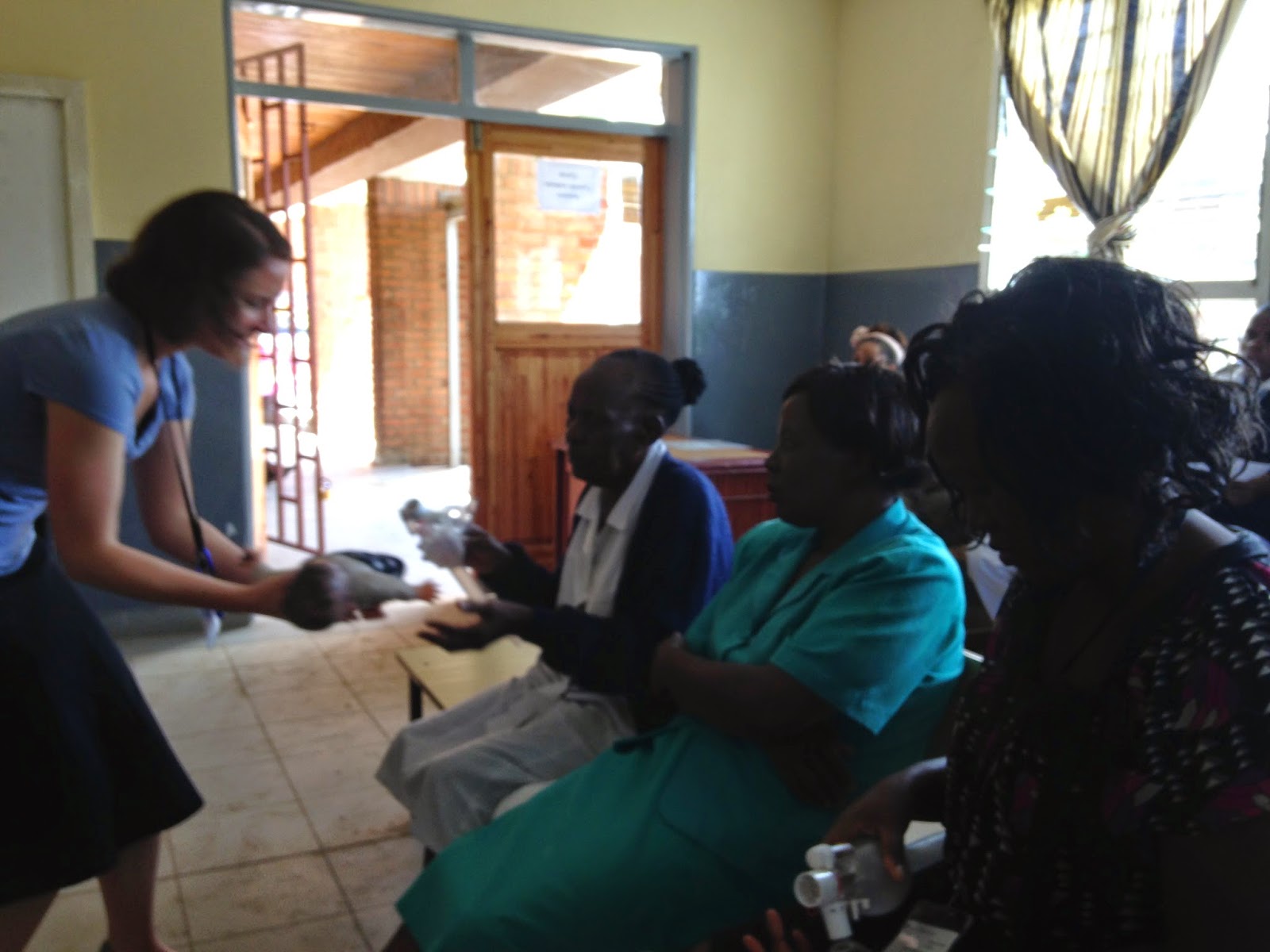That loud sucking sound you heard? That’s was my soul being Hoovered from my
body as I attempted to get the proper working paperwork for our car, Black
Mamba. I can say, today, that I now have
in my hot little hands the requisite forms and stickers to show police (or, “mosquitoes”,
my pet name) at the inevitable roadside stops.
But, yes, it cost me my soul.
I’ve already blogged about the process of purchasing a
vehicle and the exquisite pain that this inflicted way back in September. But things were not quite tied up at that
point, as the title transfer was not official.
I was told that because of “Cashgate”, a government corruption scandal
(surprise, surprise), that paperwork would now have to be routed through
Lilongwe and that this would take a “few extra weeks”.
All this in an effort to cut down on corruption and to show
the world’s donor countries that Malawi could be trusted with proper
governmental administration and with future donor support (to the tune of 60%
Malawian GDP).
Well, five months later, after 4 separate trips to the Road
Traffic Directorate (RTD), the title had not arrived. It had not arrived not because a quick
computer check revealed this to be true, but only after thumbing through stacks
of ledger books. And more ledger books. At the end of each fruitless search, the
rather bored and slightly annoyed man “helping” me said that perhaps I should
come back next month.
This “maybe next month” approach became a problem as soon as
the “Certificate of Fitness” expired at the end of January. This dubious sticker on my windshield informs
the mosquitoes that my car is the definition of “fit”. In order to have a new C.O.F., I need a car
title in my name. Last September, I
thought a five month window of time would be more than enough time to get
sorted and I wouldn’t be up against a tight timeframe to have everything kosher
for the cops. Nope!
So, with the C.O.F. sticker on my windshield now expired and
traffic stops a near weekly occurrence, I was stressing out and choosing roads
where mosquito stops would be less likely.
Liam, our conscientious, rule-following son, who has suffered through my
three previous traffic-ticketing encounters, was beyond stressed and refusing
to be driven in Black Mamba.
The all-important C.O.F. sticker. The cost? Your soul.
Last Thursday, I went to the RTD and looked one more time
through the ledger books. Nada. I asked my “helper” if there was any way
possible to get the title sooner than later as my C.O.F. was now expired. This is the same guy who has consistently
been telling me that the delays were attributable to the fact that judges have
been on strike in demand of pay raises.
But for 45,000 Kwacha (about $100), I could have my title in by Monday. Miracle of miracles!
After some self-righteous comments from me intended to shame
and cajole this man into action (no effect), I decided to pay the bribe so that
we wouldn’t get fined for the expired C.O.F. and so that Liam would ride in the
car with me again without triggering PTS.
It was a deal with the devil. I
left, stewing, to go the ATM and withdraw the money and I was instructed to
wait outside the gates and my “helper” would come out to collect, not unlike
some drug deal on the street. I felt so
dirty and angry as I counted out the money for this guy. He tried to make the mood lighter by
complimenting me on how nice my car is.
Really? Black Mamba? Get out of my face, dude.
I’m still struggling with guilt that I have only contributed
to this corrupt system. It makes me so
angry I want to start picketing the RTD offices and write letters to the
newspapers. And kicking stuff. It’s hard for me not to get down on the whole
country and make massive, inappropriate generalizations.
And that’s not even the end of the story! I will spare you most of the details, but
after one more failed trip to the RTD (on Monday I went to collect the promised
title and after a 1.5 hour wait, I was told to come Wednesday), I showed up
Wednesday and FINALLY collected the title.
This enabled me to begin a 4 hour process standing in 5 separate lines,
getting lots of different papers stamped, suffering a ridiculous inspection from
an A-1 a**hole (at least no bribes were solicited!) and several more
interactions with bored/annoyed bureaucrats suffering in this impenetrable
system. When it was all done, magical
C.O.F. sticker in place on the windshield, I felt like a Harry Potter dementor
had just got done with me. My soul and
joy vaporized. I’m the little kid
blubbing after a dentist visit, “Mommy, please don’t send me back there ever
again!”
Pray for me. I feel
terrible about myself and terrible about Malawi in this whole process. And when you pray, say a little prayer of
thanks for the DMV at home that processes license renewals in, maybe, half an
hour? Or for the processing of
purchasing a vehicle back home that now seems so easy to me that I would be
happy to do it for you when we get back to the States. Better than therapy.
A happier moment as a family. How many pictures can Micah ruin? My Mom says I did the same as a kid. Don't believe her for a second!













